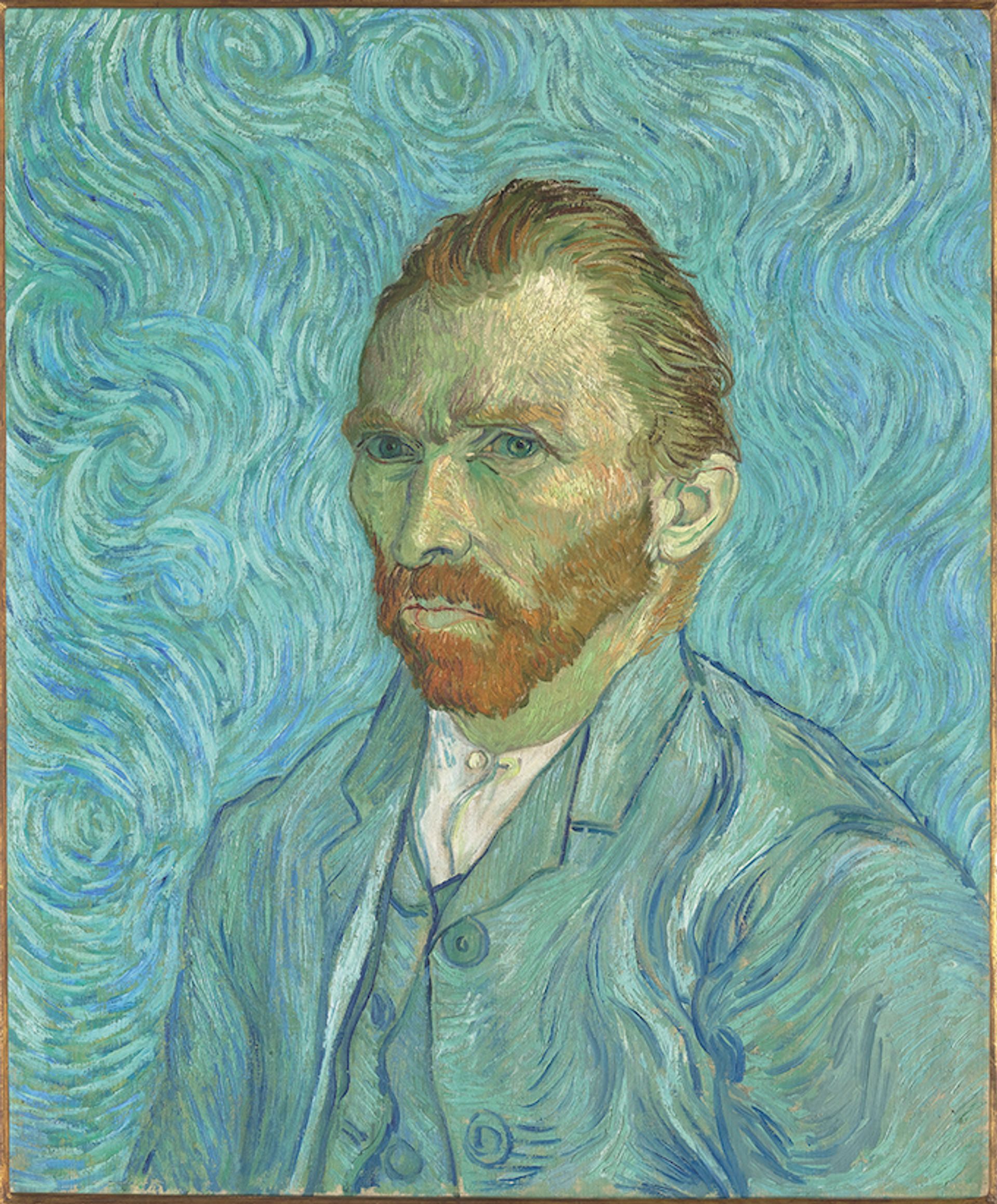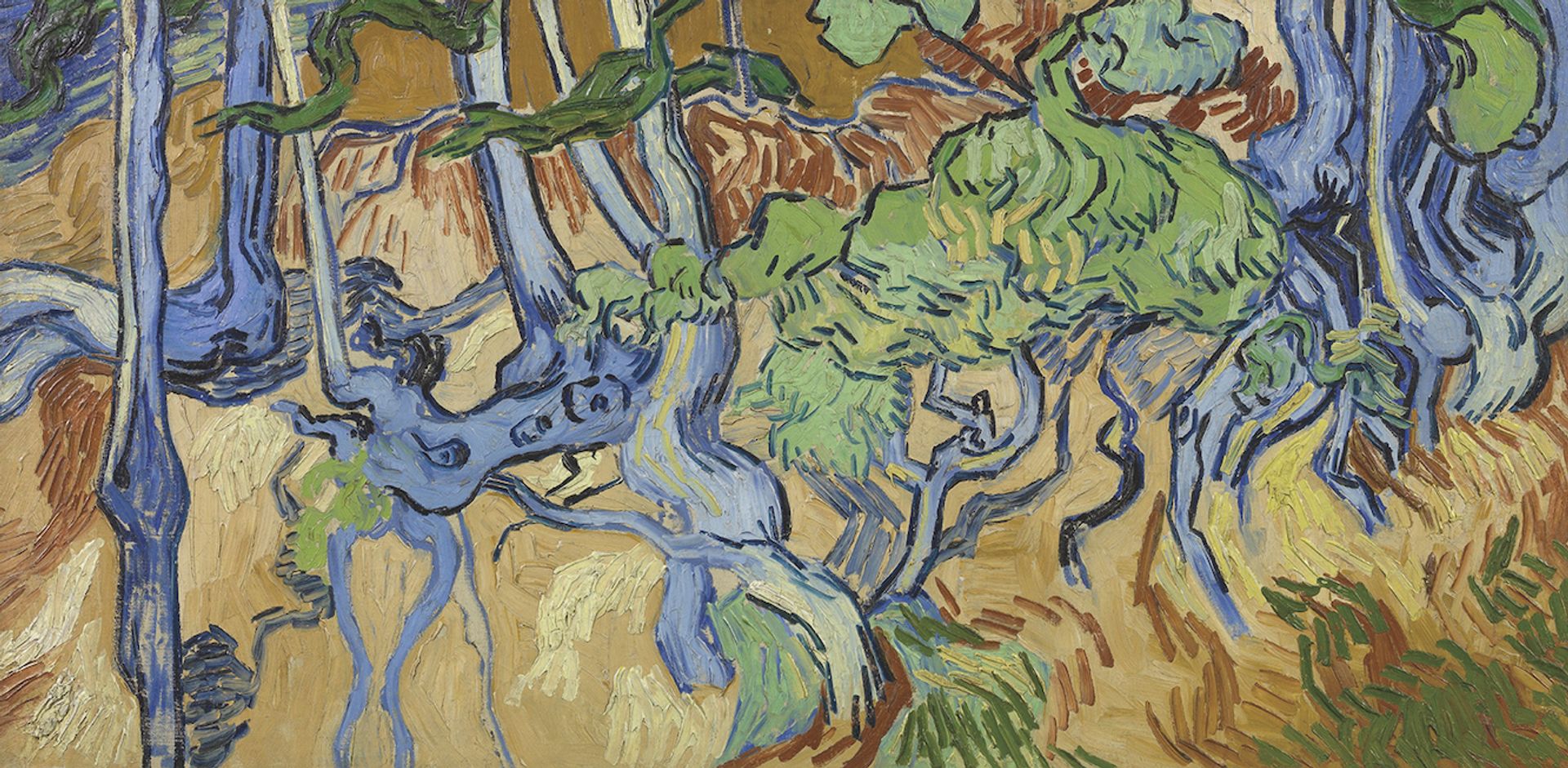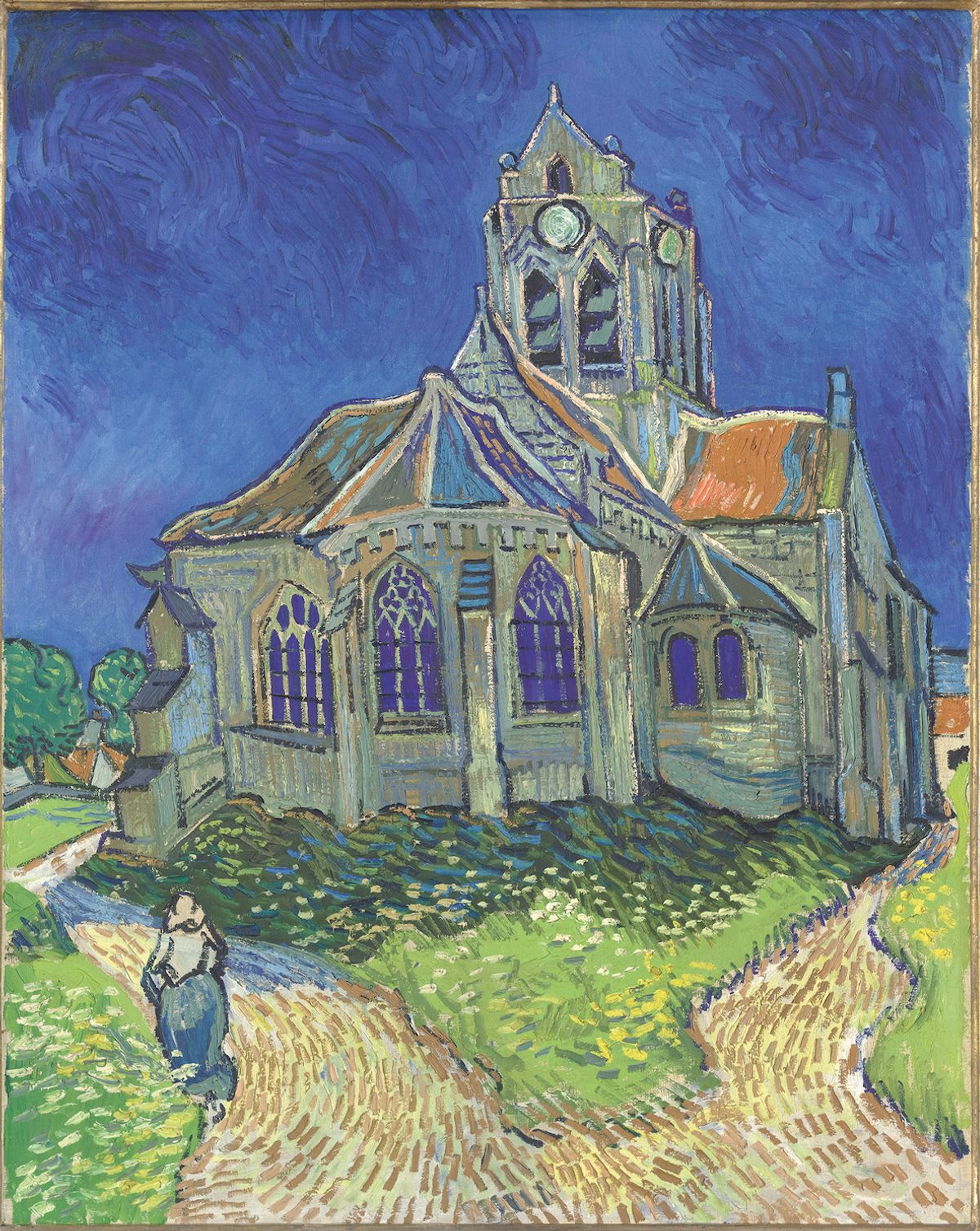An exhibition of Vincent van Gogh’s final paintings is to be presented in Amsterdam and then Paris. During his astonishingly productive period from May to July 1890, in the village of Auvers-sur-Oise, he completed a picture a day. Then, on 27 July, he shot himself, dying two days later.
This will be the first comprehensive show devoted to Van Gogh’s period in Auvers, which lies 30km north-west of Paris. Van Gogh in Auvers: His Final Months sets out to argue that his work there was just as important as his better-known pictures painted in sunny Provence.
The Van Gogh Museum and the Musée d’Orsay have succeeded in borrowing 48 of the 74 paintings that he completed in Auvers, along with 25 of the 57 drawings (he also filled a small notebook with rough sketches). Loans of Van Goghs are always very difficult to secure, so this represents an astonishing success.

Van Gogh’s 1889 self-portrait, from the collection of Paul Gachet, the artist’s doctor in Auvers
Photo: Patrice Schmidt; © Musée d’Orsay, Dist; RMN-Grand Palais
Among key pictures on display will be Portrait of Dr Paul Gachet (from the Musée d’Orsay collection), Church at Auvers (Musée d’Orsay), Farmhouses in Auvers (Finnish National Gallery) and Wheatfield with Crows (Van Gogh Museum). There will also be rarely seen loans from private collections, such as Glass with Carnations and The Fields.
What is special is that the Musée d’Orsay is lending to Amsterdam all the Van Goghs donated by the son of Paul Gachet in 1949-54. In accordance with his wishes, these pictures are virtually never lent. Along with the seven Gachet Auvers paintings, Van Gogh’s finest self-portrait, done in 1889 at the asylum and later presented to the doctor, will also be loaned.
Years of research
Van Gogh made only 13 large “double-square” paintings—measuring 1m by 50cm—during his career, all in Auvers. Eleven of these will be brought together in the exhibition, including Tree Roots, now deemed to be his final painting, done a few hours before he shot himself.
Preparations for the exhibition required years of research, which included making the best possible estimate of the dates for all 74 paintings. This will add enormously to scholarship, and the display should provide a vivid impression of how Van Gogh’s work evolved during the final weeks of his life.

Tree Roots (1890) is one of the 74 paintings Van Gogh completed during the final three months of his life, in Auvers-sur-Oise
Van Gogh Museum, Amsterdam; Vincent van Gogh Foundation
Most of the sites where the pictures were painted have been located. Although Van Gogh made portraits and flower still-lifes, it was with landscapes that he excelled. His panoramic views of the wheatfields above the Oise valley are among his most memorable works.
Despite struggling with feelings of failure, loneliness and melancholy, Van Gogh continued to work. Painting represented a form of therapy, giving him a purpose in life. Sadly, his efforts went unrecognised, at least in terms of sales, during his lifetime. He is only known to have sold a single identified painting in his entire career. How different it is now: Vase with Poppies and Daisies, which is coming on loan, sold for $62m in 2014.
Murder vs suicide
The exhibition catalogue deals with the recent theory that Van Gogh did not die by suicide but was murdered. In a detailed rebuttal, the organisers dismiss this as “entirely unfounded”. They argue that “when a person feels compelled to end their own life, the least they deserve is to be heard with empathy”.
Auvers retains much of its distinctive 19th-century atmosphere in its back streets. The inn where Vincent lodged, now the Maison de Van Gogh, has just reopened to visitors for the season. One can step into the empty garret room where the artist worked—and died. Climbing the steps, one inevitably thinks of the last time that Vincent trudged up to his bed, in great pain from the bullet lodged in his abdomen and weary of life.
• Van Gogh in Auvers: His Final Months, Van Gogh Museum, Amsterdam, 12 May-3 September; Musée d’Orsay, Paris, 3 October-4 February 2024


